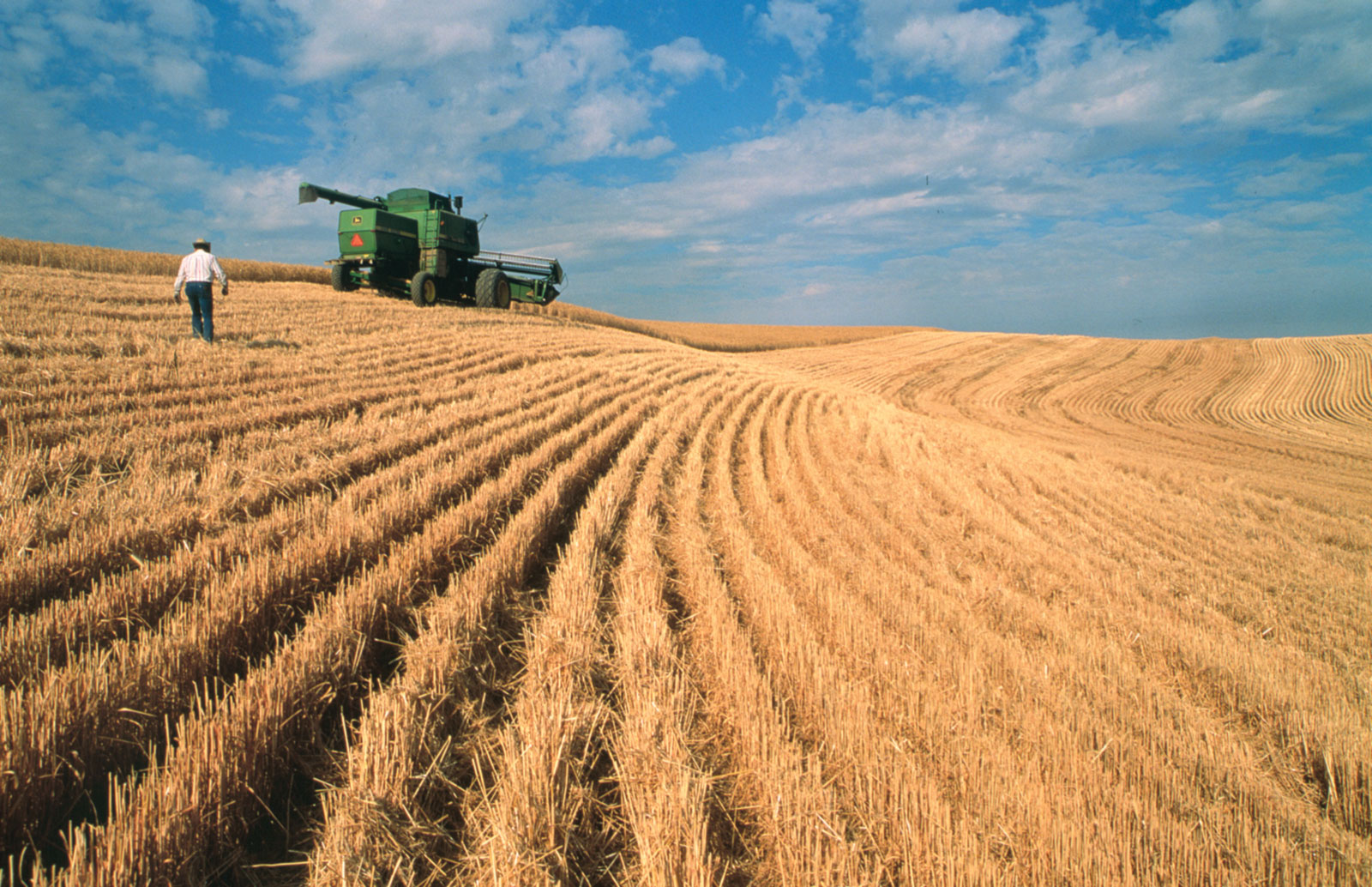 The fixed cost
Producers set up to raise the Big 3 in Tennessee should look at a diversified crop mix. The net returns to the producer will depend somewhat on the fixed cost in the operation and whether any major equipment purchase has been made. While there has been more interest in cotton and soybeans at the expense to corn, I see that corn still has a strong place in our production system and rotation.
For producers with cotton equipment, cotton acres look to belong in the crop mix. However, it would be difficult to purchase the equipment necessary to raise and harvest the cotton crop and still maintain a profitable level.
These are general projections which can give a direction of profitability when measured over time. Producers should examine their own yield history or averages, their own cost projections on their production system, and look at their land costs whether cash rent, share rent or owned ground. Lastly, factor in equipment costs as well as any past year’s carryover to determine profitability and breakeven prices.
Producers should consider the benefits of whole-farm financial planning to give them a complete picture of the farms financial viability. In Tennessee, for more on crop budgeting or whole farm financial planning, contact your local Extension office or call the MANAGEment Information Line at 1-800-345-0561.
Source - http://www.southeastfarmpress.com
The fixed cost
Producers set up to raise the Big 3 in Tennessee should look at a diversified crop mix. The net returns to the producer will depend somewhat on the fixed cost in the operation and whether any major equipment purchase has been made. While there has been more interest in cotton and soybeans at the expense to corn, I see that corn still has a strong place in our production system and rotation.
For producers with cotton equipment, cotton acres look to belong in the crop mix. However, it would be difficult to purchase the equipment necessary to raise and harvest the cotton crop and still maintain a profitable level.
These are general projections which can give a direction of profitability when measured over time. Producers should examine their own yield history or averages, their own cost projections on their production system, and look at their land costs whether cash rent, share rent or owned ground. Lastly, factor in equipment costs as well as any past year’s carryover to determine profitability and breakeven prices.
Producers should consider the benefits of whole-farm financial planning to give them a complete picture of the farms financial viability. In Tennessee, for more on crop budgeting or whole farm financial planning, contact your local Extension office or call the MANAGEment Information Line at 1-800-345-0561.
Source - http://www.southeastfarmpress.com
USA - 3 reasons explain (in part) the financial optimism for 2017 crops
24.02.2017 197 views The fixed cost
Producers set up to raise the Big 3 in Tennessee should look at a diversified crop mix. The net returns to the producer will depend somewhat on the fixed cost in the operation and whether any major equipment purchase has been made. While there has been more interest in cotton and soybeans at the expense to corn, I see that corn still has a strong place in our production system and rotation.
For producers with cotton equipment, cotton acres look to belong in the crop mix. However, it would be difficult to purchase the equipment necessary to raise and harvest the cotton crop and still maintain a profitable level.
These are general projections which can give a direction of profitability when measured over time. Producers should examine their own yield history or averages, their own cost projections on their production system, and look at their land costs whether cash rent, share rent or owned ground. Lastly, factor in equipment costs as well as any past year’s carryover to determine profitability and breakeven prices.
Producers should consider the benefits of whole-farm financial planning to give them a complete picture of the farms financial viability. In Tennessee, for more on crop budgeting or whole farm financial planning, contact your local Extension office or call the MANAGEment Information Line at 1-800-345-0561.
Source - http://www.southeastfarmpress.com
The fixed cost
Producers set up to raise the Big 3 in Tennessee should look at a diversified crop mix. The net returns to the producer will depend somewhat on the fixed cost in the operation and whether any major equipment purchase has been made. While there has been more interest in cotton and soybeans at the expense to corn, I see that corn still has a strong place in our production system and rotation.
For producers with cotton equipment, cotton acres look to belong in the crop mix. However, it would be difficult to purchase the equipment necessary to raise and harvest the cotton crop and still maintain a profitable level.
These are general projections which can give a direction of profitability when measured over time. Producers should examine their own yield history or averages, their own cost projections on their production system, and look at their land costs whether cash rent, share rent or owned ground. Lastly, factor in equipment costs as well as any past year’s carryover to determine profitability and breakeven prices.
Producers should consider the benefits of whole-farm financial planning to give them a complete picture of the farms financial viability. In Tennessee, for more on crop budgeting or whole farm financial planning, contact your local Extension office or call the MANAGEment Information Line at 1-800-345-0561.
Source - http://www.southeastfarmpress.com

ScaleAgData Stakeholder Engagement Event
22.10.2024The ScaleAgData project is pleased to invite you to our second stakeholder event. Building on the discussions and connections formed during our first webinar, this event will focus on fostering collaboration among stakeholders, providing updates on our project’s progress, and outlining future opportunities for engagement.

USA - Taylor County farmer arrested for crop insurance fraud
A man in Taylor County, KY, has been sentenced to 12 months and 1 day in federal prison for crop insurance fraud. Between 2014 and 2021, Hunt sold crops under the names of other people and significantly underreported his true production on crop insurance claim forms, resulting in over $1.6 million in fraudulent insurance overpayments.

India - The changes aim to ensure that farmers are not denied crop insurance benefits due to the default of state governments
Union Agriculture Minister Shivraj Singh Chouhan has announced crucial modifications to the Pradhan Mantri Fasal Bima Yojana (PMFBY), citing the Centre's experience with the previous Jagan Reddy government in Andhra Pradesh. The changes aim to ensure that farmers are not denied crop insurance benefits due to the default of state governments.
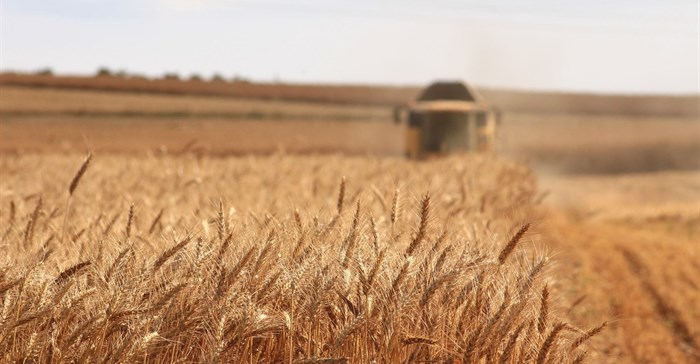
New area-yield index insurance helps farmers tackle climate risks
Land Bank Insurance Company has expanded its pilot “index insurance” product with the introduction of Area-Yield Index Insurance (AYII), designed to help farmers manage financial losses caused by large-scale climatic and environmental risks.
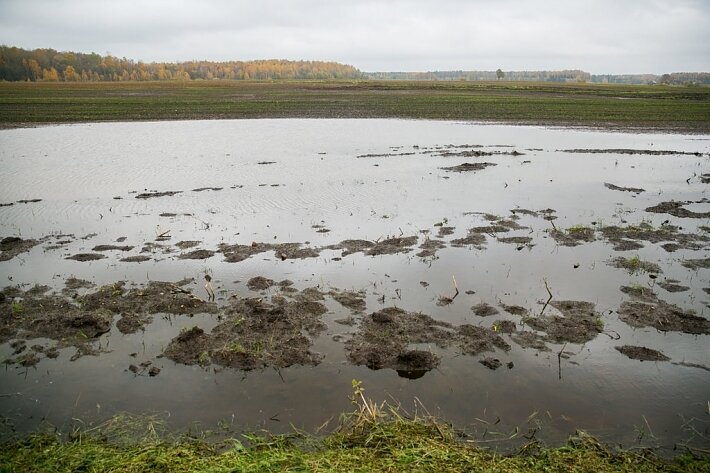
Lithuania declares nationwide emergency over summer rainfall damage
Lithuania’s government on Wednesday declared a nationwide emergency after weeks of heavy summer rains caused widespread crop losses, following a proposal from the National Crisis Management Centre and the Agriculture Ministry.
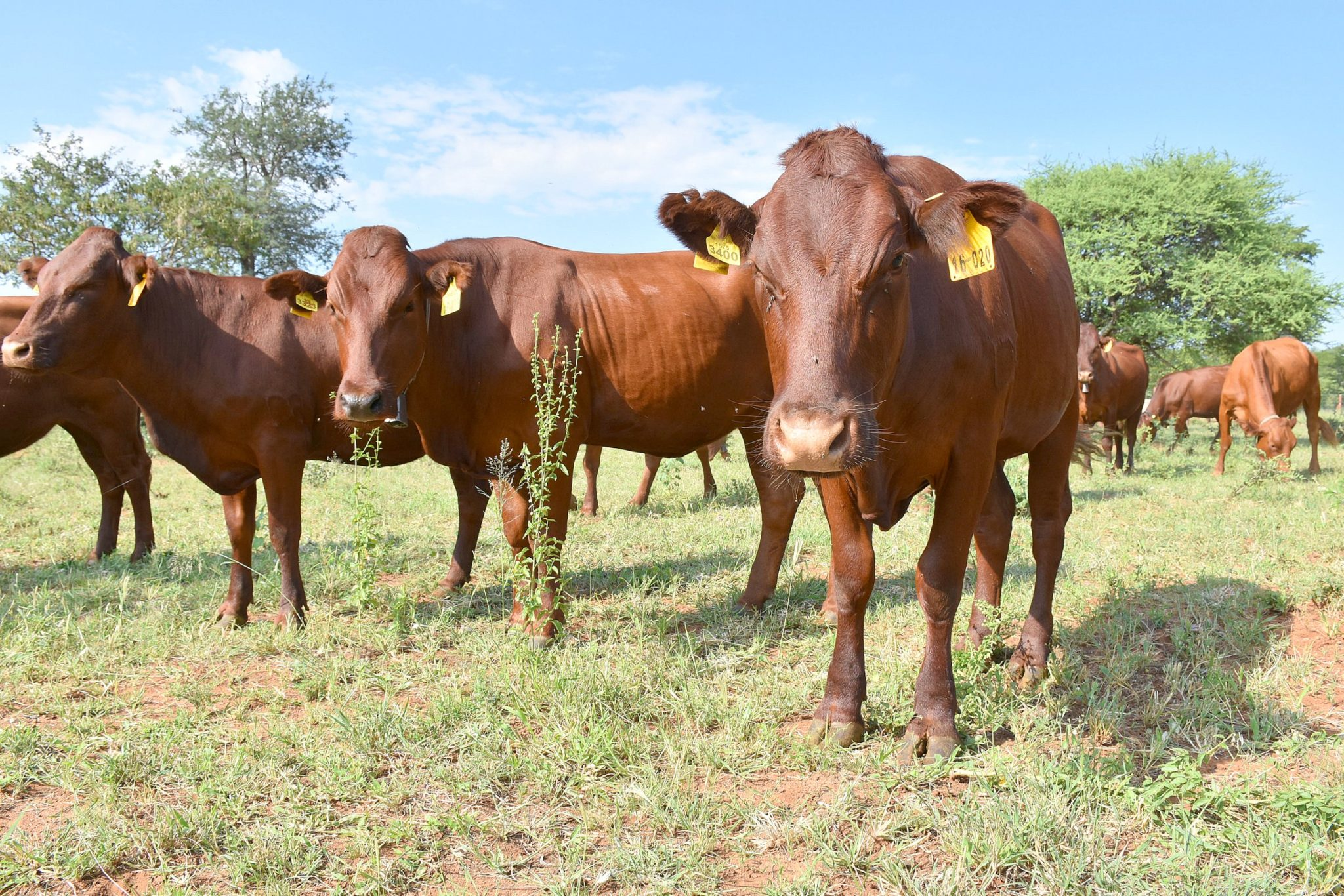
Australia develops world-first biodegradable foot and mouth disease vaccine
The world’s first biodegradable vaccine for foot and mouth disease (FMD) has been developed in Australia, a country that remains free from the dreaded livestock

USA - Researchers make breakthrough discovery that could transform agriculture: 'This research is important'
Scientists at Iowa State University have determined that co-locating solar panels and certain plants may be beneficial for crop production.
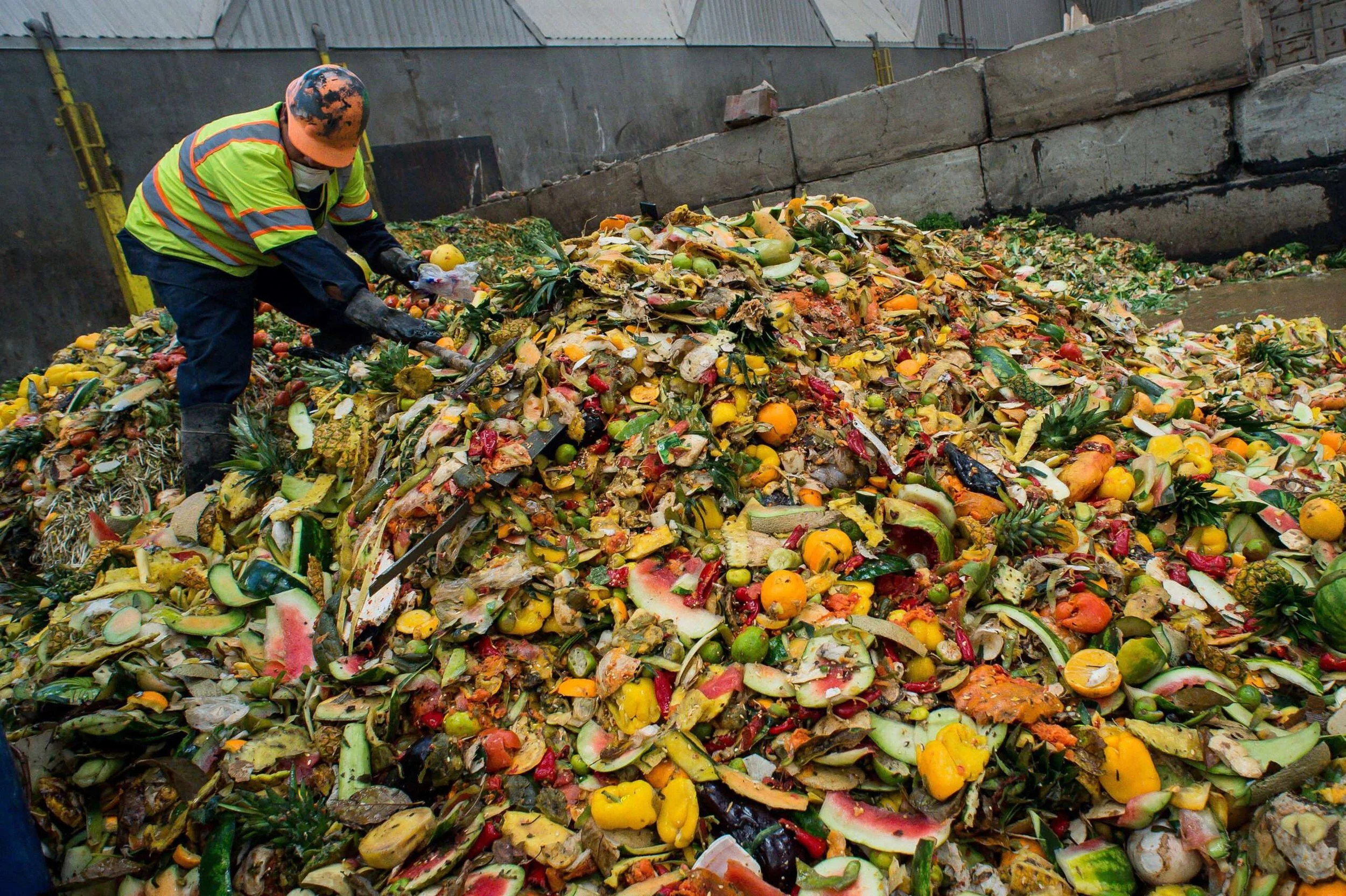
Fiji - Agriculture ministry tackles food waste
The Ministry of Agriculture is exploring an innovative new approach to reduce food waste by converting post-harvest losses and kitchen scraps into valuable resources like livestock feed and soil enhancers.

USA - Continuing drought affecting Vermont farmers, especially livestock farms
As dry conditions continue to spread across Vermont, one industry that is feeling the heat is the farms.


